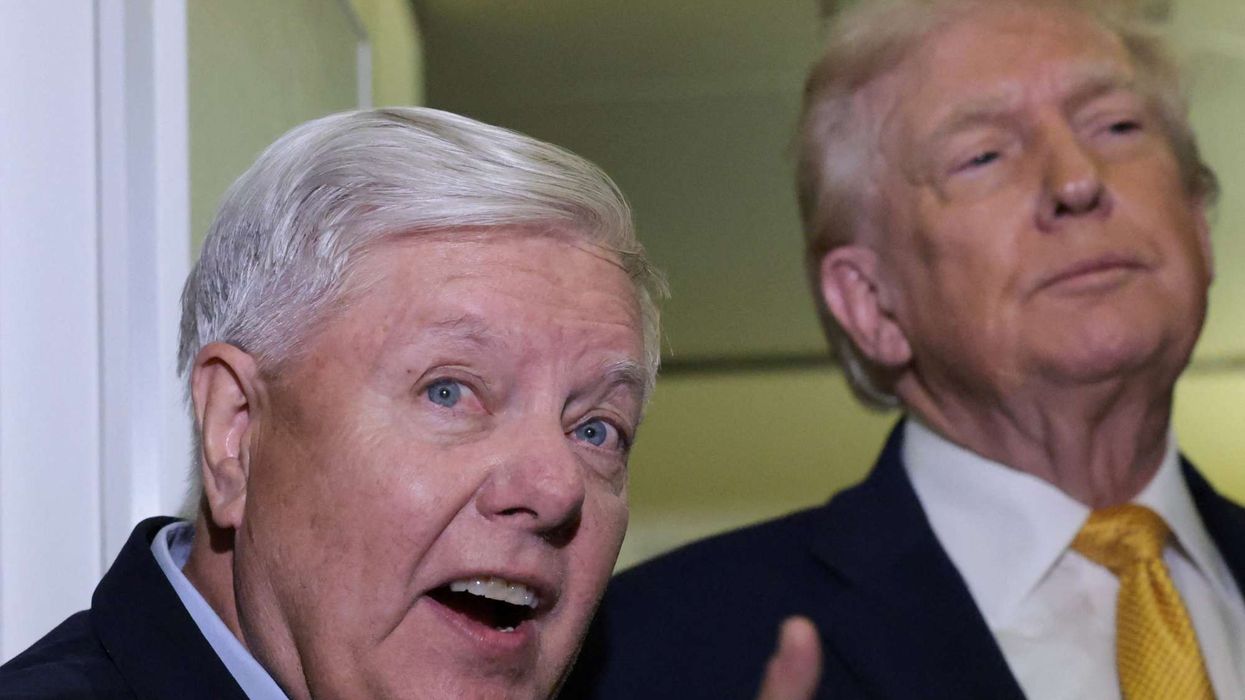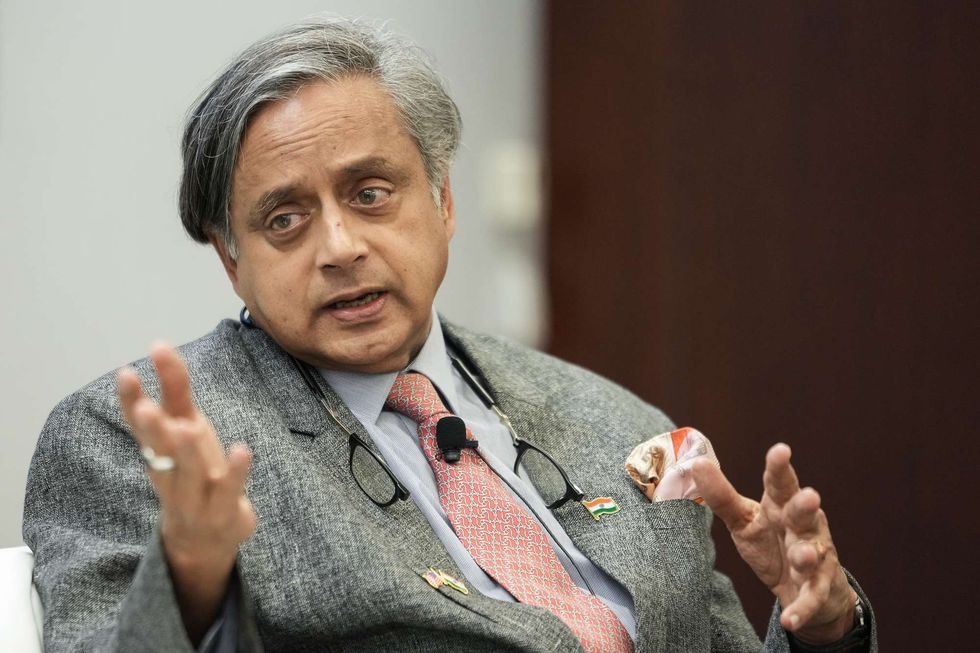by JAMES BROKENSHIRE
Housing, communities
and local government
secretary, and Midlands
engine champion
TO SECURE a future filled with prosperity and maintain our place at the world’s top table after Brexit, we need all parts of our country working to their full potential.
This rings true for private bodies as much as it does for public ones.
The historic ties we hold around the globe are going to be important as we take control of our own trade agreements, but they make sound business sense too. Our country’s future is dependent not just upon how we continue to trade with the European Union, but how we forge new relationships with the non-EU countries who account for over £342 billion of our exports.
Over the past year, we have seen trade between our nation and the emerging world economies increase exponentially.
Last year, trade in goods and services between the UK and India hit £19.6bn – an increase of 20 per cent on the year before.
The West Midlands is also the only region in the country to have a goods trade surplus with China. I want to see the whole of the Midlands enjoying that same trading relationship with India and our trading partners around the globe.
And it’s not just goods and services – the expertise we gain from close partnerships between international regions can’t be underestimated.
That’s why I’ve just returned from a trade visit to India with Andy Street, the mayor of the West Midlands, and Sir John Peace, chair of the Midlands Engine Partnership. In my role as Midlands engine champion, I brought together senior British and Indian officials and businesses on this trip to reaffirm our commitment to the Midlands-Maharashtra Technology Partnership.
It’s the regional product of the UK-India Technology Partnership signed by our prime minister Theresa May and India’s prime minister Narendra Modi in April to increase partnerships in technology through the industry, government, science and research, and to foster trade and investment opportunities in both directions.
Technology is big business in India. Around 31 per cent of all Indian investments in the UK are in tech and incorporate 33,000 out of 110,000 jobs. Latest figures show that the UK exports around £344 million of digital services to India and the figure continues to grow.
During the visit there were many positive conversations – making the case to Indian organisations to join the likes of Bharat Forge and 780,000 businesses already established in the Midlands. Our future economic prosperity depends on looking beyond London and the south-east.
The Midlands is the heart of our automotive industry with a skilled workforce driving further innovation. It’s the engine room of UK economic growth and can lead the way as we chart a positive new future for our country outside the EU.
I also launched the UK-India FutureTech Festival, taking place in Delhi and across India this December. It is an exciting thought-leadership summit that will bring together business, policy makers, venture capitalists, scientists and entrepreneurs.Attracting the best and brightest business leaders, innovators, tech companies and entrepreneurs, the FutureTech Festival will drive trade, investment and partnerships across key sectors, and promote and celebrate the UK and India as major technology innovators and trading partners.
Strengthening our region-to-region collaboration was another key focus of my visit and I was delighted to meet heavy industries and public enterprise minister Anant Geete to deepen the links between the Midlands Engine and Maharashtra.
We both want to see our countries’ automotive industries push the boundaries in new technology, especially in electric and low-emission vehicles. That’s why we’re working hard to strengthen collaboration between our regions to ensure our automotive industries have the tools and resources they need to compete in a globally competitive economy.
Our local authorities and leaders will be instrumental in taking forward and maintaining relationships with overseas trading partners, as much as any of the dealmakers in Westminster.
We recognise the value of these relationships. I call on all local authority leaders to rise to this challenge. As the best advocates for their regions, standing side by side with politicians in Westminster will be crucial if we are to help secure valuable new trade relationships.
We’re determined to back our businesses and showcase to the world just how great Britain and our regions are as a place to invest. And we must do that together.
Although the Brexit deal has still to be concluded, I firmly believe we have an opportunity to shine and show the world that with our new future status they will continue to benefit from all the UK has to offer, including from our great regions.





 Shashi Tharoor
Shashi Tharoor Nicolás Maduro arriving at the Down town Manhattan Heliport.
Nicolás Maduro arriving at the Down town Manhattan Heliport.





